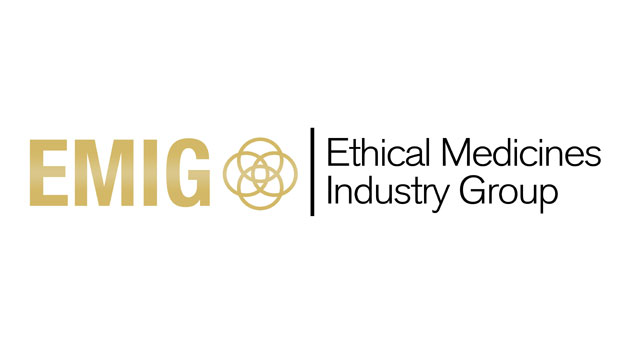With just a few days to go until the crucial Commons vote on Theresa May’s Brexit plan, a survey has revealed that the UK drugs industry has little confidence that it is a good deal for the sector.
The anonymous poll of members of the Ethical Medicines Industry Group (EMIG) – which represents branded drug manufacturers operating in the UK – has found that almost three quarters (73%) of its members have little or no confidence that the government will obtain a good deal, and just 16% have confidence in the government’s handling of the negotiations to date.

The survey also found that just 24% think the withdrawal agreement is a good deal, with 29% ambivalent and almost 40% taking the opposite view.
It’s no surprise that confidence is falling compared to earlier EMIG polls given the fierce opposition to May’s deal among MPs on both sides of the house, but it is interesting that EMIG also reports a reduction in the proportion of members who think Brexit will lead to an increase in delays and access to medicines – although 71% still think a bad deal will be disruptive.
That may in part be a result of measures taken by the government to prepare for a no-deal scenario, and also the possibility that the political impasse means Brexit itself may be delayed or abandoned, although EMIG’s data doesn’t indicate why sentiment on disruption is improving. A new poll by YouGov has found that 72% of Labour party members now support a second referendum, with 88% suggesting they would opt to remain in the EU if such a vote was held.
New guidance for NHS
Ahead of the Christmas holiday period, the Department of Health and Social Care published its operational guidance for providers and commissioners of NHS services, having earlier issued guidance to the pharmaceutical industry on no-deal planning.
The latest guidance represents a ‘ramping up’ of no deal plans in seven key areas, namely: the supply of medicines and vaccines; the supply of medical devices and clinical consumables; the supply of non-clinical consumables, goods and services; workforce; reciprocal healthcare; research and clinical trials; and data sharing, processing and access.
Among the actions are efforts to ensure there is sufficient freight capacity to enable medicines to continue to move freely into the UK, although the selection of a UK company with no ships as one of the providers of extra ferry services has raised eyebrows – and forced Transport Secretary Chris Grayling to defend the decision on the BBC’s Today programme his morning.

Chris Grayling, Transport Secretary
Medicinal products will be prioritised on these alternative shipping routes, and the DHSC is also implementing a ‘serious shortage protocol’ that will involve “changes to medicines legislation that will allow flexibility in primary care dispensing of medicines”.
There will also be stepped up efforts to seek bilateral deals that will protect current reciprocal rights to healthcare for UK and EU citizens, a commitment that healthcare professionals who are registered in the UK will continue to be registered after Brexit, and a pledge to align with the forthcoming EU Clinical Trial Regulation (CTR), even though it will come into effect after the exit date of 29 March.
UK clinicians will be required to leave European Reference Networks (ERNs) on that date if no deal is reached, but the government says it will “seek to strengthen and build new bilateral and multilateral relationships to ensure clinical expertise is maintained”.




